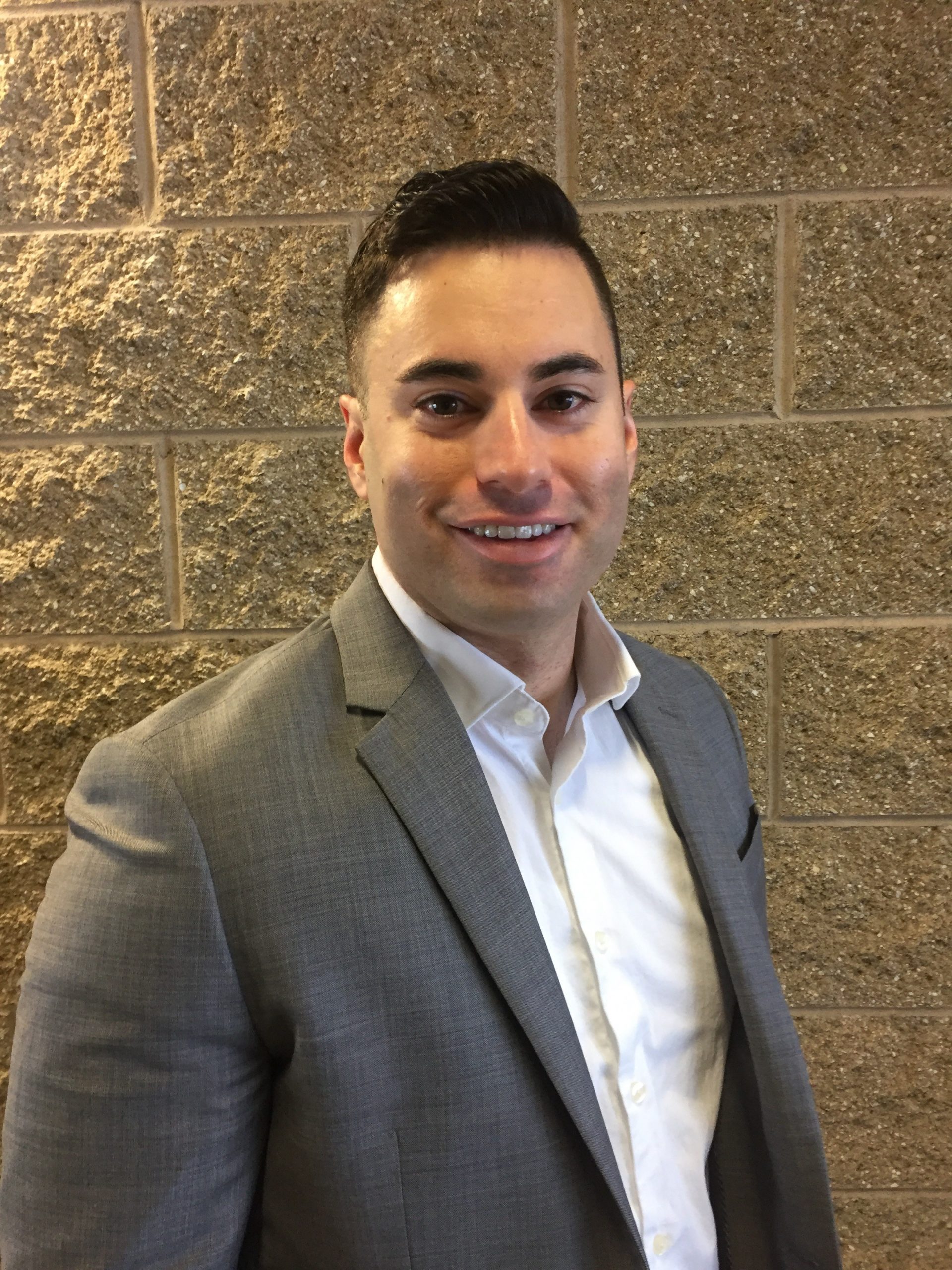If you are in the business of addiction treatment, then you may already know how difficult it is to market your services. Rehab facilities for drug and alcohol addiction face unique challenges in this regard because unlike typical services or products, you are reaching out to those who are living some of the most vulnerable moments of their lives.
You are also not just promoting a service—you’re offering a life-changing opportunity to those who are stuck in a cycle of substance abuse.
The message of any marketing campaign must therefore balance empathy with hope, professionalism with warmth, and urgency with compassion. It’s not about flashy ads or catchy slogans; it’s about building trust, demonstrating your credibility, and offering a genuine path to recovery.
In this digital age, one of the most important tools for marketing addiction treatment services is social media. And with over 2.9 billion monthly active users, Facebook can be one of the most powerful platforms to connect with your ideal audience.
Here we will break down how addiction treatment centers can use Facebook effectively—not just to fill beds, but to build trust, educate people, and support the community.
Why Facebook is Still Relevant for Rehab Marketing
It’s easy to assume Facebook is “past its prime”, especially with the rise of TikTok and Instagram. But when it comes to addiction treatment, Facebook is still one of the best platforms out there. Here’s why:
Broad Demographic Reach
Even with the growing popularity of other platforms, Facebook continues to boast one of the largest and most diverse user bases of any social network. With millions of active users across all age groups, it offers addiction treatment centers the opportunity to reach not only people who are dealing with substance abuse but also their concerned friends and family. More often than not, these loved ones are involved in the decision-making process as many people with substance use disorders (SUDs) are either in denial about their situation or are too afraid of the recovery process.
Facebook’s broad reach makes it an essential tool for connecting with people regardless of which stage of recovery they are in.
Community and Trust
Unlike faster-paced platforms, Facebook encourages deeper engagement with its members. Over time, companies can form genuine connections with the community they have built online. In this online space, there are plenty of ways for rehab centers to build trust and offer behind-the-scenes glimpses of their programs. Over time, this lets them establish their credibility, which is crucial for those who want reliable addiction treatment.
Targeted Advertising
Facebook’s advanced advertising tools allow treatment facilities to create highly targeted campaigns. These campaigns can be targeted based on location, age, interests, and behavior. Simply put, it ensures that your message can effectively reach the right audience—whether it’s a parent searching for help for their son or a young adult exploring recovery options.
Since there is no one-size-fits-all solution when it comes to recovery, it is important that you identify your target audience based on the programs you offer and then use Facebook to make sure they can get the help that suits their needs.
Support Groups
Long-term recovery requires peer support and ongoing engagement, and Facebook Groups is a powerful way to foster those. Treatment centers can host private or public groups for alumni, families, or those in early recovery. These groups then become safe spaces where members can share experiences, offer encouragement to other members, and stay connected to the larger recovery community.
For many, that ongoing support is a critical part of maintaining their sobriety, and Facebook makes it easy to facilitate.
Now let’s talk about some of the core elements of a strong Facebook marketing strategy tailored to addiction treatment facilities.
Build a Professional and Compassionate Page
Either your website or your Facebook page will be the first impression potential clients and their families will have of your addiction treatment center. It should therefore reflect professionalism and warmth—it should show people that it’s a place they can go to for healing.
Start with a high-quality profile photo—typically your logo—and a cover image that conveys hope and recovery. Beyond adding serene nature scenes or welcoming facility photos, you should also include a bio that clearly explains your mission, services, and who you help.
Make sure it is easy for visitors to reach out and learn more by providing accurate and up-to-date contact information. Also add a link to your website so you could offer even more information before they even make a call.
When it comes to addiction recovery marketing, tone is everything. Your page should communicate empathy and understanding without judgment. Use language that’s hopeful, supportive, and informative. Most importantly, avoid stigmatizing, misleading, or discriminating language.
Always be transparent—trust is critical when people are making decisions about treatment. A well-crafted Facebook page sets the foundation for meaningful engagement and outreach.
Create Content That Educates and Connects
The best thing about social media marketing is that you can share content on a platform with lots of users, including those who may benefit the most out of your services.
Educational content can position your rehab center as a trustworthy authority in the industry. But at the same time, you also get to offer real value in the form of information. Education is one of the best ways to fight stigma while encouraging more people to seek proper medical treatment for their addiction. Creating content that gives them enough information to make informed decisions will ultimately benefit everyone. You get to build trust while also helping clients take the leap of faith into treatment.
Share posts that explain different aspects of addiction and the recovery process. Talk about the signs of addiction, the dangers of substance abuse, the available treatment options, the detox processes, and what to expect from rehab.
Aside from articles and blog posts, you can also use videos and infographics to deliver information that will make complex topics more accessible. Remember to keep your tone clear, compassionate, and free from clinical jargon so your audience can relate without feeling overwhelmed.
At the end of the day, content marketing not only improves your visibility online but also helps build an emotional connection with your audience. Share stories of hope, highlight milestones (like sobriety anniversaries), and celebrate recovery journeys. You can even post uplifting quotes, mental health tips, or reminders of self-worth.
By striking a balance between informative and inspiring, your content will resonate more deeply and foster a sense of community on your page—something many people in recovery are seeking.
Content Ideas That Generally Perform Well:
- Educational Posts: “What is detox really like?”, “How long does rehab take?”, “What happens after treatment?”
- Staff Spotlights: Introduce therapists, alumni coordinators, and medical staff. Human faces build connection.
- Success Stories: With permission, share anonymous or first-person recovery stories.
- Behind-the-Scenes Videos: Give a look inside your facility, therapy sessions (when possible), or recreational activities.
- Mental Health Awareness: Share relevant info on co-occurring disorders, trauma, or family therapy.
- Live Q&As: Host regular Facebook Live sessions with clinical staff answering audience questions.
Aim for at least three to four posts per week. Consistency helps you stay top of mind without overwhelming your audience.
Use Facebook Ads to Reach the Right People
Content marketing on Facebook is more of an organic approach. You can support this with Facebook ads to generate results more quickly.
Facebook ads allow you to target people based on behaviors, interests, and demographics. You can tailor campaigns for different stages of readiness, from awareness to action. Simply put, you can reach people whether they are just doing their research on addiction or actively looking for help.
Make sure your ad copy is clear and compassionate, with a strong call to action and a destination that makes it easy to inquire or learn more. If people can’t find your contact information, then they will probably start looking for help elsewhere.
Don’t just “boost” posts—run structured ad campaigns with defined goals and tracking. Use custom audiences to re-engage website visitors, or lookalike audiences to find people similar to those who’ve already inquired.
Always be mindful of HIPAA regulations and avoid targeting or messaging that could feel invasive. A well-run Facebook ad campaign should feel like a helpful hand, not a hard sell.
Ad Targeting Tips:
- Focus on Family Members in Decision-Making Roles: ages 35–64, often parents or spouses.
- Use Interest-Based Targeting: Look for people interested in addiction recovery, mental health, or related support groups.
- Set Geographic Boundaries: Focus on regions where your center accepts clients (local or national). People are also more likely to look for treatment options that are close to them.
- Be Cautious with Language and Imagery: Avoid sensationalism or guilt. Facebook has strict policies around sensitive topics.
Engage With Your Audience Daily
Active engagement shows that your rehab center is present, caring, and responsive.
Make it a habit to reply to all your Facebook comments and messages promptly, ideally within a few hours. Even a simple “thank you” on a comment or a short reply to a direct message can show that you’re listening and that people matter.
If you can’t respond right away, you can set up Facebook’s auto-responder feature to reassure people that help is available and someone will follow up soon.
You can also drive engagement by posting questions, polls, and conversation starters. Ask followers what gives them hope, what helps them stay grounded, or which self-care practices work for them. These interactive posts not only boost visibility through the algorithm but also help you protect the supportive space you’ve created online.
Keep an eye on trends and community sentiment, and adjust your tone and content to remain relevant and empathetic.
Leverage Facebook Groups (But Respect Boundaries)
Speaking of creating a community, Facebook Groups are perfect for this. This feature lets you create a more personal, supportive environment where people can share their experiences and ask questions.
You can either create a private group for alumni and families of your program or participate in relevant public groups where people are discussing recovery. In your own group, share exclusive content, celebrate wins, and provide space for peer support. It can be a valuable community-building tool that reinforces the idea that recovery is ongoing and supported.
When participating in outside groups, avoid hard-selling or promoting your center unless explicitly allowed. Instead, focus on providing value—share insights, answer questions, and offer encouragement. Over time, group members will come to recognize your center as a trusted resource.
Always be respectful, follow each group’s rules, don’t be intrusive, and prioritize helping people over marketing. Done correctly, group engagement builds trust and authority in an organic way.
Compliance, Ethics, and Transparency
Addiction treatment is one of the most regulated industries when it comes to marketing. Here, transparency and compliance are not optional; they are mandatory. No matter what strategy you use, always remember to keep it grounded in ethics and transparency. This protects your community while also building on your trustworthiness.
Due to strict advertising regulations by platforms like Facebook and oversight from bodies like the Substance Abuse and Mental Health Services Administration (SAMHSA), centers must ensure their content and ads comply with all relevant guidelines. This includes avoiding misleading claims, respecting privacy standards (such as HIPAA), and ensuring only certified treatment providers are promoted.
Non-compliance not only risks having ads rejected or accounts suspended but can also damage the center’s reputation.
Addiction recovery is a deeply personal and often vulnerable journey, so messaging should be honest, compassionate, and informative. Whether it’s on Facebook, your website, or any other social media platform, you must always clearly outline your services, qualifications, and success rates.
When rehab centers prioritize ethical marketing, they contribute to reducing the stigma surrounding addiction while guiding people toward recovery with integrity.
Work with MasterMindSEO
At the end of the day, Facebook marketing for addiction treatment centers isn’t just about generating leads. It’s all about using this popular platform to make sure your services can reach the people who need them the most. it’s about building trust and showing that you care long before someone even decides to make that life-changing phone call.
Your Facebook presence should feel like a safe space: informative, encouraging, and empathetic. When done right, it becomes an extension of the healing process itself—meeting people where they are, and walking with them toward recovery.
Digital marketing in general should always aim to empower people to make informed decisions about their recovery, providing them with resources and support rather than exploiting their struggles for profit. It’s not just about clicks, traffic, or ROI. It’s about connecting with real people who are searching for hope, and making sure they can get it.
When done right, your digital presence can serve as a lifeline, a trusted voice, and a first step toward long-term recovery. When in doubt, work with an addiction treatment SEO specialist that can help you maximize your impact.
Working with professional marketers who specialize in digital marketing firm can go a long way when it comes to promoting your services ethically. They can help you navigate the tricky landscape of addiction treatment marketing while also ensuring your messages reach your intended audience.
MasterMindSEO has experience in performing digital marketing campaigns for e-commerce, national, regional and local businesses. Email or call and we will be happy to see how we can help your center get more leads and help more patients!
Ready to take your addiction treatment SEO to the next level? Want to rank your detox center on Google Maps? Let MasterMindSEO help you.


